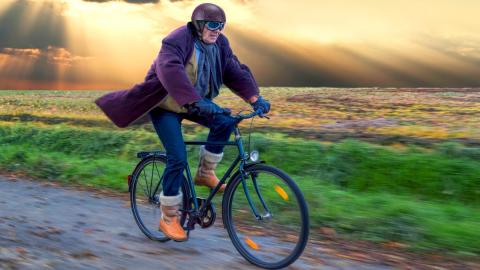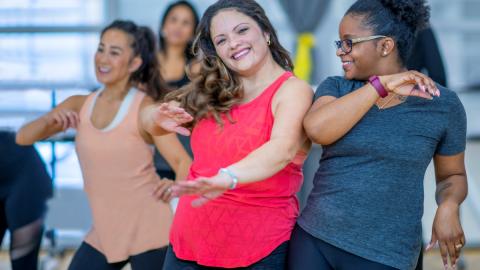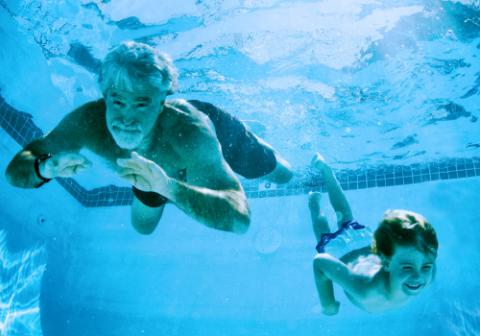Leading a physically active lifestyle both during and after cancer is linked to an improvement in many of its adverse effects and treatments.
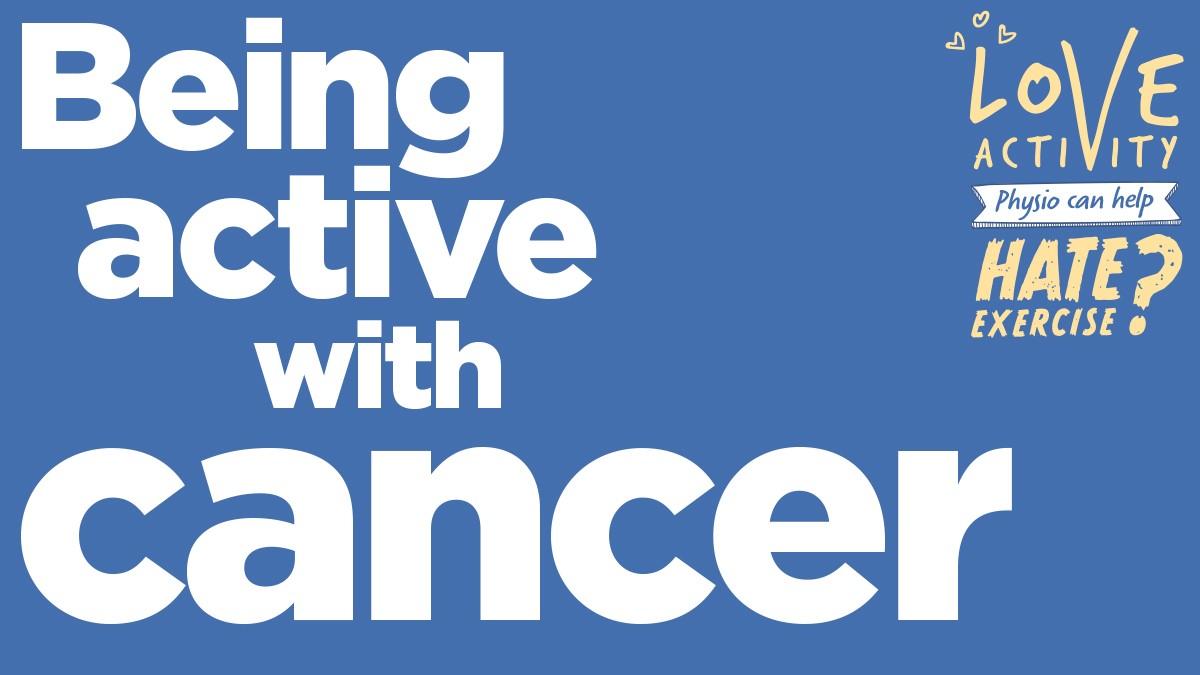
Physical activity helps to overcome fatigue, anxiety and depression, whilst protecting the heart, lungs and bones.
Here's how you can get started.
- Be kind to yourself and don’t expect too much too soon
Set yourself little achievable goals like walking daily. Remember that everything you manage to do counts
- Aim for the recommended 150 minutes moderate intensity exercise such as walking or 75 minutes of vigorous intensity a week where you increase the pace or if feel able aim for a higher amount of activity in time. Keep track of your activity using a diary to see what you are achieving
- Make sure you include 2-3 strength sessions a week, and include elements of balance and stretching
- Fatigue is a very common symptom associated with cancer and its treatments but keeping active has been shown to help individuals manage their energy levels, as well as reducing the chance of recurrence and improving survival rates for some cancers.
- Find a friend who can do it with you and remember you are not alone, many people struggle to be active at this time
- Choose an activity you enjoy but do try new activities as well. Starting out can be difficult but will become easier over time
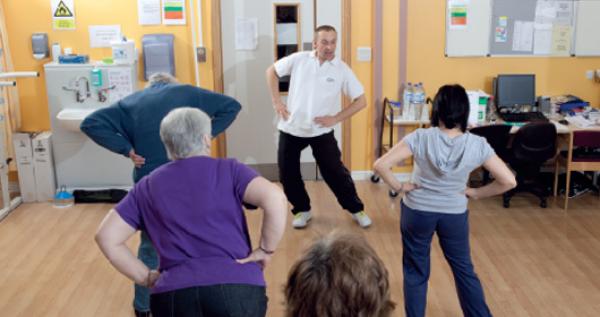
- Enjoy the outdoors as there are added benefits to being active outdoors in the fresh air
- Avoid being sedentary but accept there will be days where your body feels it needs to rest due to your treatments. That is okay - make sure you listen to it and pace your activity based on the demands of your day and the energy you feel you have
- Try to ensure you work-out your body and work-in your mind. Taking time out to recharge your mind is just as important as building your muscles. Activities such as mindfulness and meditation can help.
Active stories
Find out how exercise helped Corinne Snowling cope with a breast cancer diagnosis and Con Heywood cope with bowel cancer.
If you’re still not sure where to start, a physiotherapist can assess you and work with you to create a weekly activity plan
You can download this page for future reference.
Being active with cancer
Find Out More
Last reviewed:




































